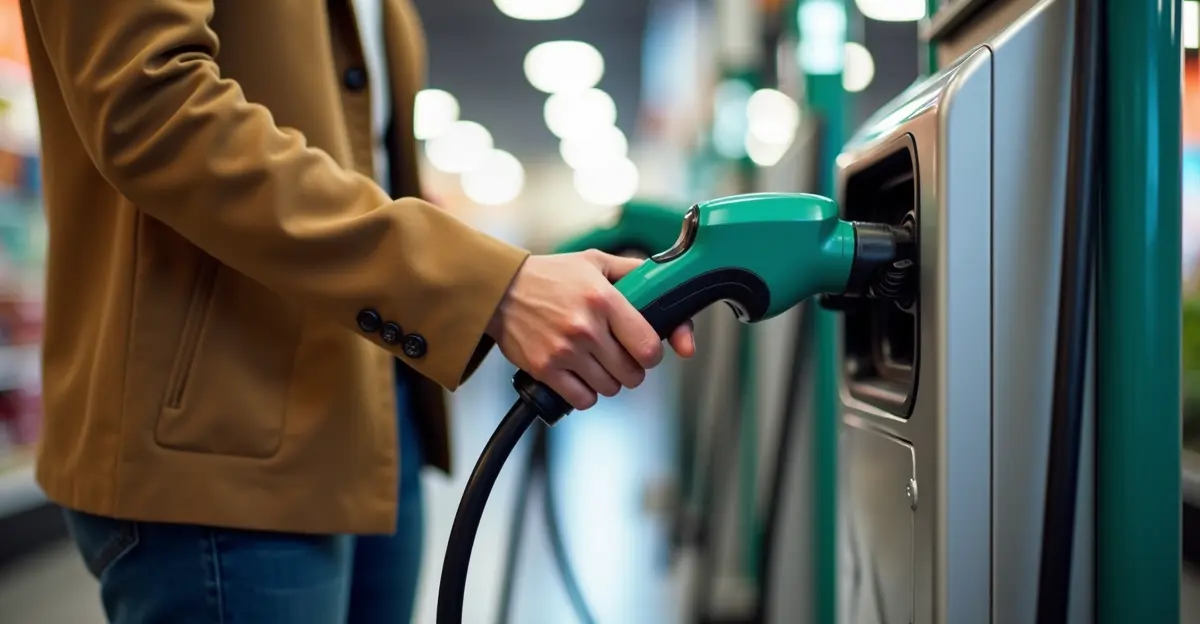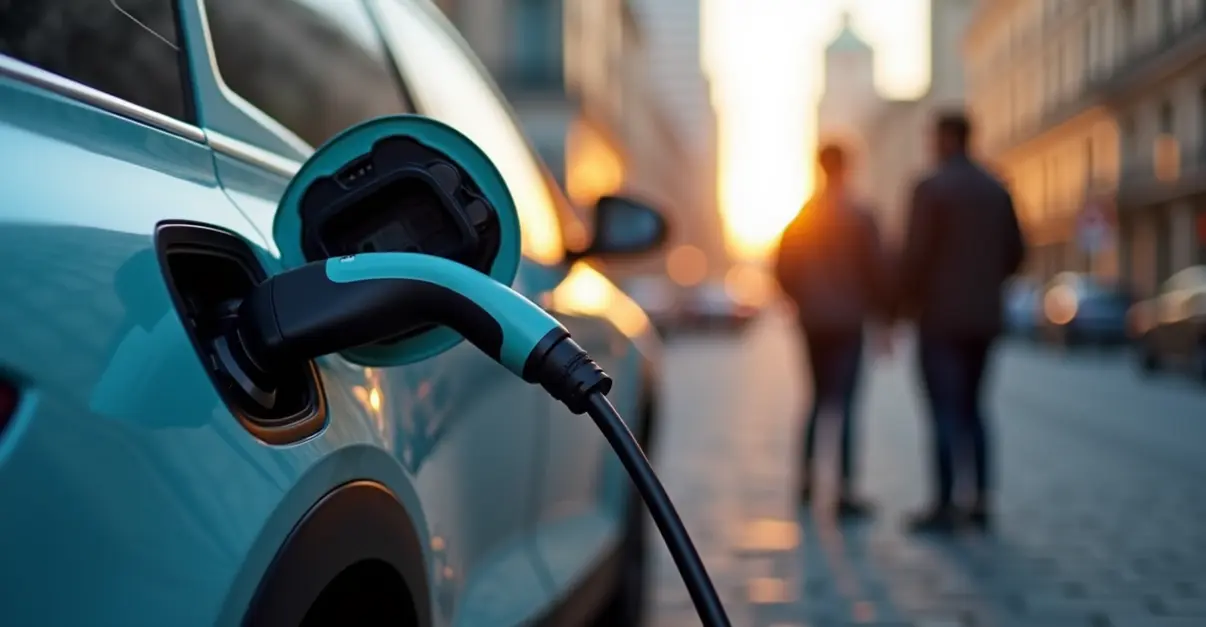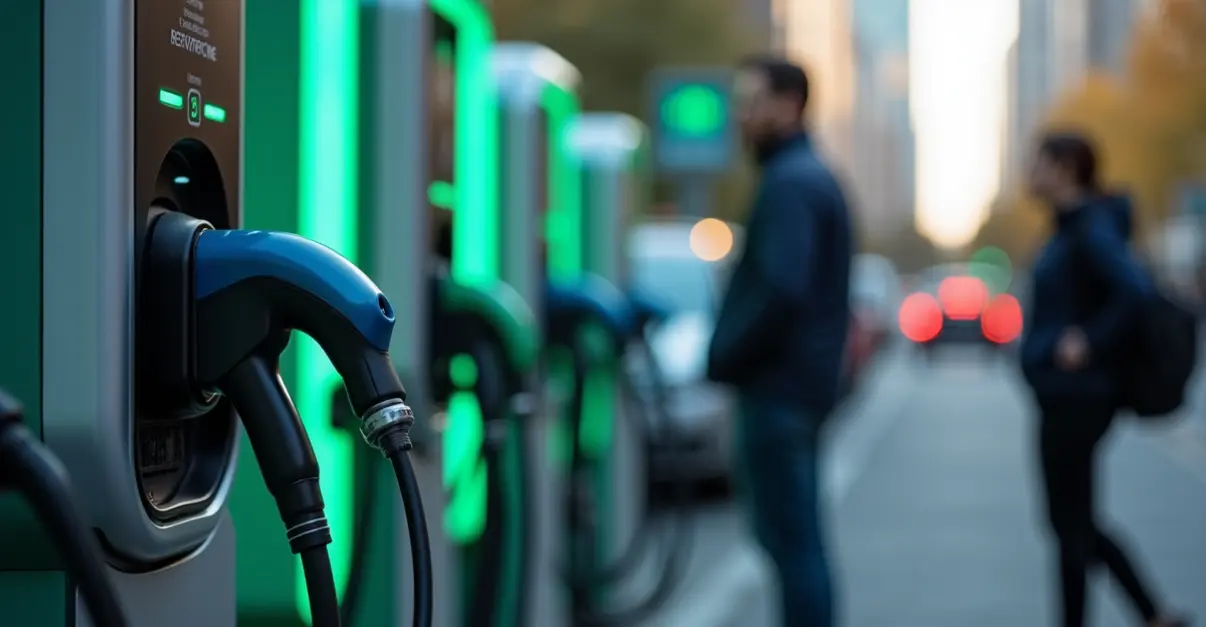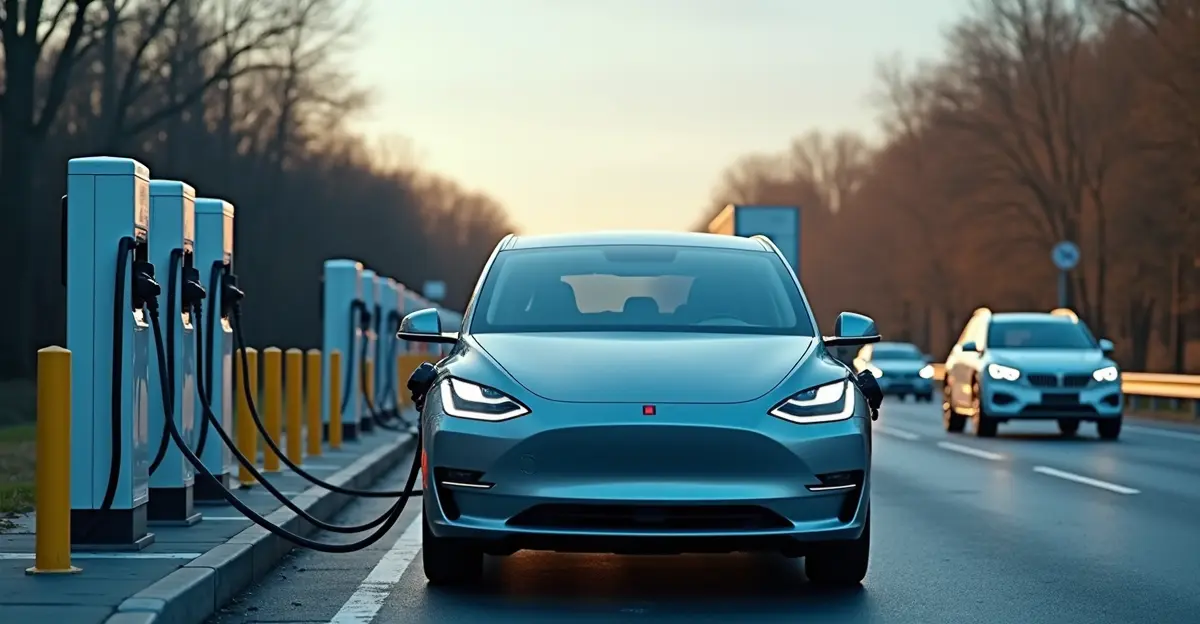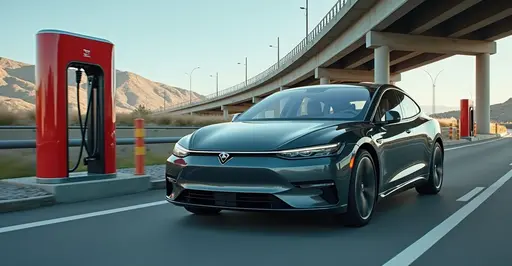Retail Giants Embrace EV Charging Revolution
Major retail chains across the United States are rapidly transforming their parking lots into electric vehicle charging hubs through strategic partnerships with utility companies. This movement represents a significant shift in how retailers approach customer convenience and sustainability initiatives.
Strategic Partnerships Driving Change
Walmart, Target, Costco, and other retail giants have announced ambitious plans to install thousands of EV charging stations at their locations nationwide. These installations are being facilitated through partnerships with major utility providers and charging network operators including Electrify America, EVgo, and ChargePoint.
The strategy is simple yet powerful: while customers shop for groceries, household items, or enjoy a meal, their electric vehicles can recharge. This approach turns what was previously "downtime" into productive charging time, addressing one of the key concerns for EV owners - finding convenient charging locations during daily routines.
Benefits for Retailers and Customers
For retailers, installing EV chargers offers multiple advantages. It increases dwell time - customers who need 30-45 minutes to charge their vehicles are likely to spend more time shopping. Studies show that EV drivers tend to have higher disposable incomes and are more likely to make additional purchases while waiting for their vehicles to charge.
"We're seeing a dramatic shift in consumer behavior," says retail analyst Michael Chen. "Retailers who offer EV charging are positioning themselves as forward-thinking and environmentally conscious, which resonates strongly with today's consumers."
Sustainability and Revenue Opportunities
The partnerships with utilities also help retailers meet their sustainability goals. Many chains have committed to carbon neutrality targets, and supporting electric transportation aligns perfectly with these objectives. Some retailers are even exploring solar canopy installations over their parking lots to power the chargers with renewable energy.
Revenue sharing models vary, with some retailers receiving a percentage of charging fees while others use the service as a loss leader to drive foot traffic. The typical charging session costs between $10-$30, depending on vehicle battery size and charging speed.
Infrastructure Challenges and Solutions
Installing EV chargers isn't without challenges. Retail locations often require significant electrical upgrades to support multiple high-power charging stations. Utility partnerships help address these infrastructure needs, with many providers offering incentives and support for installation costs.
The federal government's Infrastructure Investment and Jobs Act has also allocated $7.5 billion for EV charging infrastructure, making these projects more financially viable for retailers.
Future Expansion Plans
Industry experts predict that by 2025, over 50% of major retail chains will offer EV charging at most locations. Walmart has committed to installing charging stations at thousands of stores, while Target plans to have charging available at hundreds of locations. Costco members increasingly expect charging amenities as part of their membership benefits.
This retail charging revolution represents a crucial step in building the comprehensive charging network needed to support widespread EV adoption across America.

 Nederlands
Nederlands
 English
English
 Deutsch
Deutsch
 Français
Français
 Español
Español
 Português
Português
